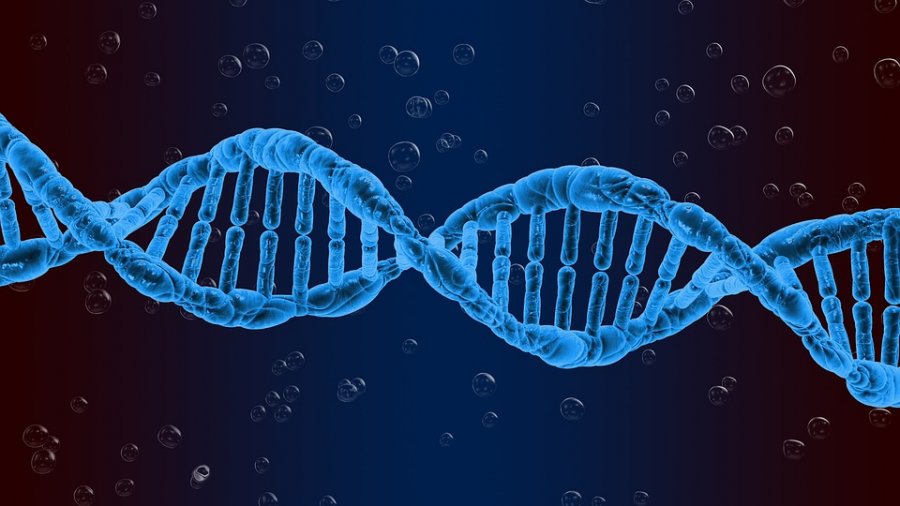DNA sequencing is one of the most promising new technologies in terms of identifying the risk of disease, but it might not quite be ready for market. But regardless of concerns that DNA sequencing isn’t yet a safe screening method for newborn infants, chances are very strong that it will become a regular toolkit in preventative medicine sooner rather than later.
Routine blood tests are already part of standard procedure for infants born in the United States, and these tests can provide some substantive insight into potential future risks. But while a routine blood test can help identify dozens of different genetic conditions, that’s just scratching the surface of what can be accomplished with DNA sequencing. A study published in the American Journal of Human Genetics conducted DNA sequencing on 159 babies and found that 9% displayed anomalies that could predict genetic diseases that could appear in childhood. These include congenital heart disease and hearing loss.
But how much of an effect this testing could have on the health of infants is still an open question. Even co-author Alan Beggs questions how much substantive and actionable intelligence will arise from these genetic markers, at least for now. Nine percent is a low number, and many of these issues can be uncovered with the existing blood testing. Then there’s the fact that many of these genetic markers are not that well understood yet, and it can be difficult to understand how high of a risk such a genetic marker would actually pose.
Finally, there are a number of ethical and practical questions to consider. It can be hard to unpack issues of consent when dealing with the very genetic makeup of a child, and the rules behind the sharing of personal data, even as a means to better understand the map of human DNA, is still something like the Wild West. Finally, there are questions of how accessible this technology is and the costs associated for both medical providers and patients.
The running consensus now seems to be that DNA sequencing may be a beneficial choice in specific instances where parents are concerned about severe genetic disorders, but it’s not quite ready for primetime. As the technology and research continues to develop, it will likely become standard practice as a complement rather than a replacement for standard and accepted blood tests.

